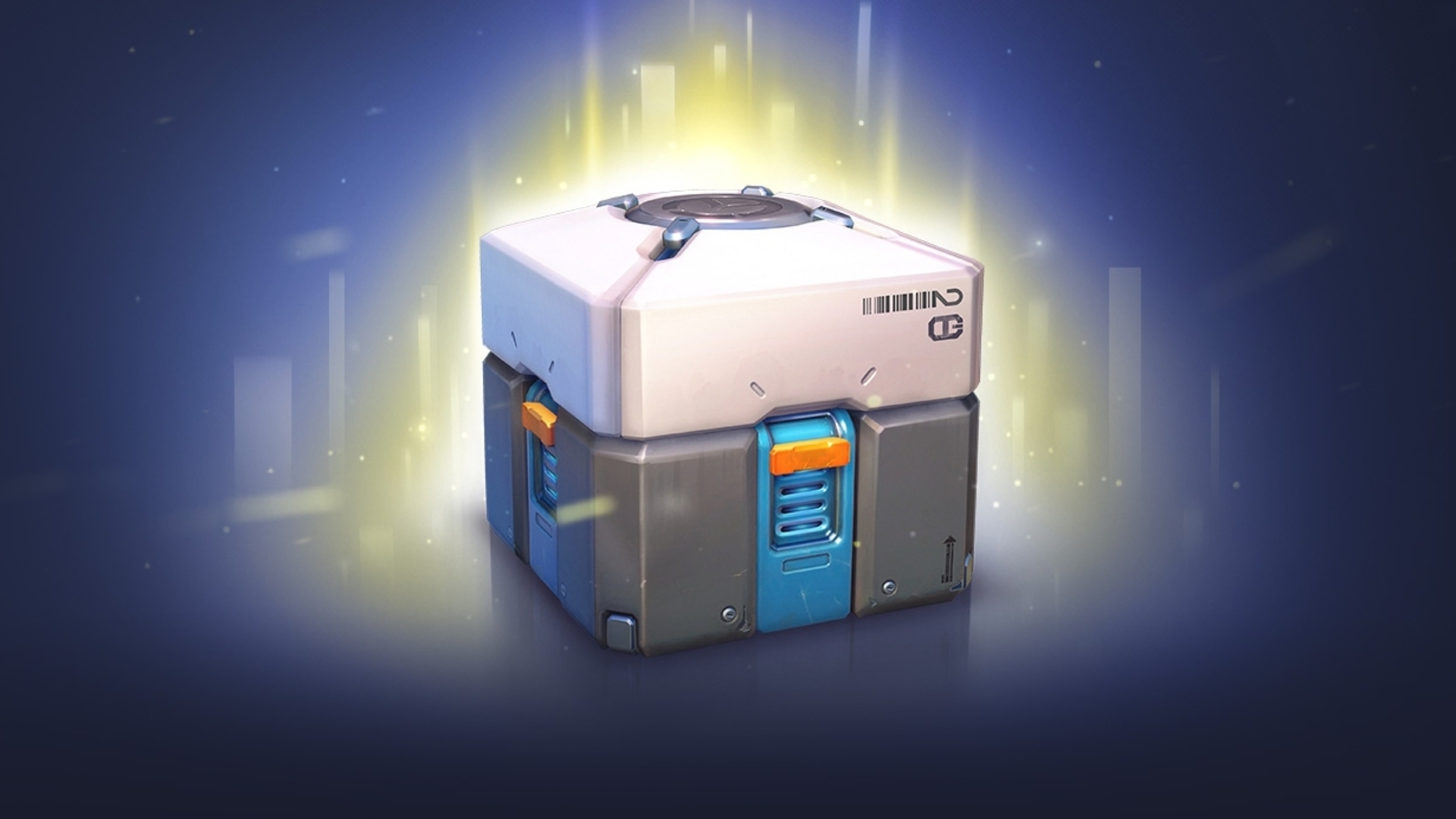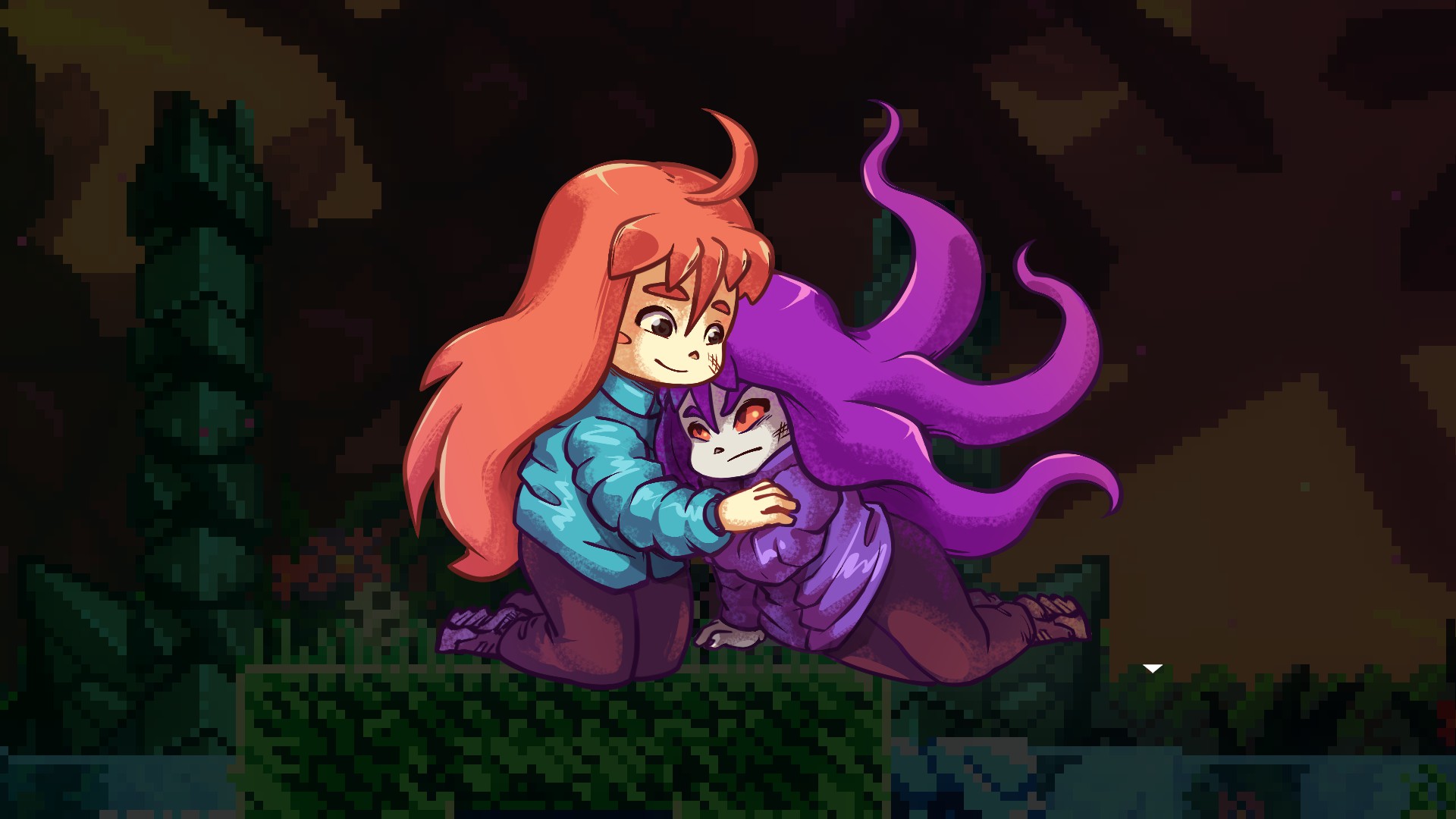UK's NHS clinic for 'gaming disorders' claims unexpectedly high patient numbers in early years, with some 'referring themselves'
The 'The National Centre for Gaming Disorders' has been in operation for around three years.

The National Centre for Gaming Disorders, which is the first of its kind in the UK, has had an unexpected volume of referrals in the 3 years it's been operating, as written by Prof Henrietta Bowden-Jones. "[We have] had about 800 referrals to a clinic that was expected to see no more than 50 patients a year."
To be clear, referrals don't necessarily result in treatment. As a separate Guardian report details, "Of the 855 referrals [to the clinic], 408 were gamers, of whom 227 were under 18." That's still a big number, of course.
"When gaming was not a disorder treated by the NHS, I would frequently, as director of the National Problem Gambling Clinic, be contacted by relatives of young gamers who were desperate for help. I increasingly began to feel that the young people who were spending money on gaming products in a compulsive and destructive manner also needed our help."
The subject of 'game addiction' has always been a thorny one. We've come a long way from the lack of nuance we saw in the late 90s, where a moral panic over Mortal Kombat's gory finishers (among other things) was responsible for establishing the ratings codes we use today. While the idea of games causing violence has been thoroughly disproven, the fallout of those panics has left many with a difficult gut response to headlines like the above.
The clinic, however, seems more concerned with the unhealthy relationships people can form with games over the course of a difficult childhood.
"Most of our patients are young and male, often around the ages of 16 or 17. They may have been high achievers in academic pursuits or sports. Then something happens to disrupt this successful journey."
"The pattern of harm often starts with a change of circumstance," Bowden-Jones explains, citing upheavals such as a move between schools, a change of home, losing friends, bullying, or a fragmentation of the family as examples that push her patients to seek out online support structures.
The biggest gaming news, reviews and hardware deals
Keep up to date with the most important stories and the best deals, as picked by the PC Gamer team.
"Gradually, the child’s online life becomes a support structure, something to make real life easier to bear … I have met parents whose young children ran away from home in the middle of the night to find wifi on the steps of random homes when their own internet connection was switched off by parents."
"Doors, objects, possessions, things get broken in fits of rage. Sometimes people get hurt."
The blame is not necessarily placed on the games themselves—which is refreshing. However, games engineered to keep us playing has always formed a part of our hobby: daily quests, grind treadmills—loot boxes are brought up by Bowden-Jones, too, featuring in "about a third" of her patients: "When no money [for loot boxes] is available, the most impulsive of patients have stolen it, by spending on their parents’ bank cards."

Her work, however, doesn't just apply to children in difficult situations. Adults have been self-referring, as well.
"The gaming clinic is now no longer a clinic just for young people, as it was when we started, as many older gamers in their 20s and 30s have now heard of our treatment centre and are referring themselves … The oldest patient we have is a woman in her 70s."
A news post made by the NHS England in March of this year went into what treatment generally looks like: "Treatment length varies based on patient need, ranging from a one-off session to family therapy lasting over a year, the average treatment time is around three months."
One clear point here is that, whatever medical professionals may mean by "gaming disorder", it is not solely about games themselves. There are a lot of reasons why a child might isolate themselves from their parents and retreat to their room.

While I wouldn't describe my teenage self's relationship with games as "healthy", they provided me an escape and a community to help me through tough times. They even got me into writing, and they've helped plenty of those same children find jobs and communities where they can be themselves.
That being said, it's starting to feel like we've moved past the satanic-panic style fretting about games 'training us to be killers', which is a big relief. And if these services help someone who needs it—whether that's down to loot boxes or something else going on—that has to be good.

Harvey's history with games started when he first begged his parents for a World of Warcraft subscription aged 12, though he's since been cursed with Final Fantasy 14-brain and a huge crush on G'raha Tia. He made his start as a freelancer, writing for websites like Techradar, The Escapist, Dicebreaker, The Gamer, Into the Spine—and of course, PC Gamer. He'll sink his teeth into anything that looks interesting, though he has a soft spot for RPGs, soulslikes, roguelikes, deckbuilders, MMOs, and weird indie titles. He also plays a shelf load of TTRPGs in his offline time. Don't ask him what his favourite system is, he has too many.

